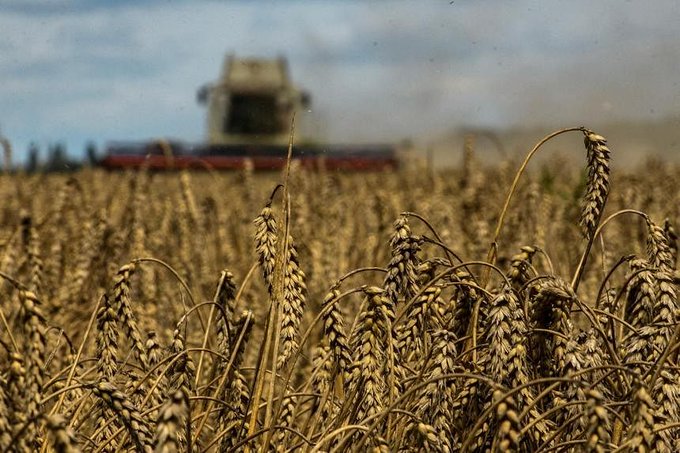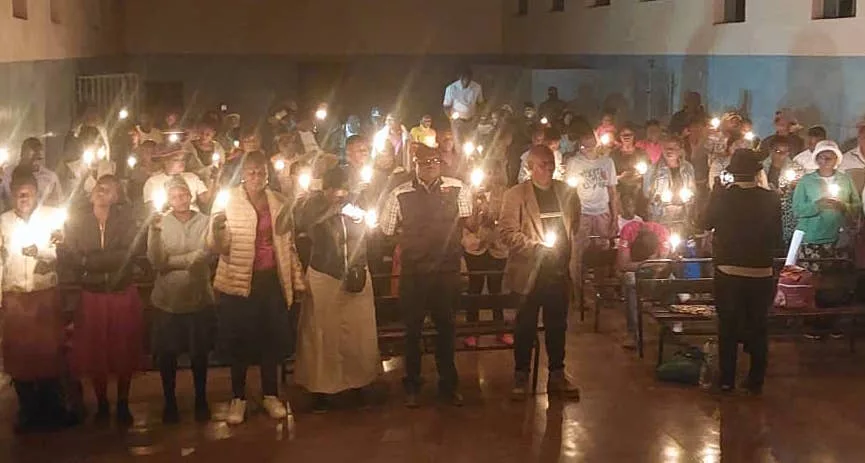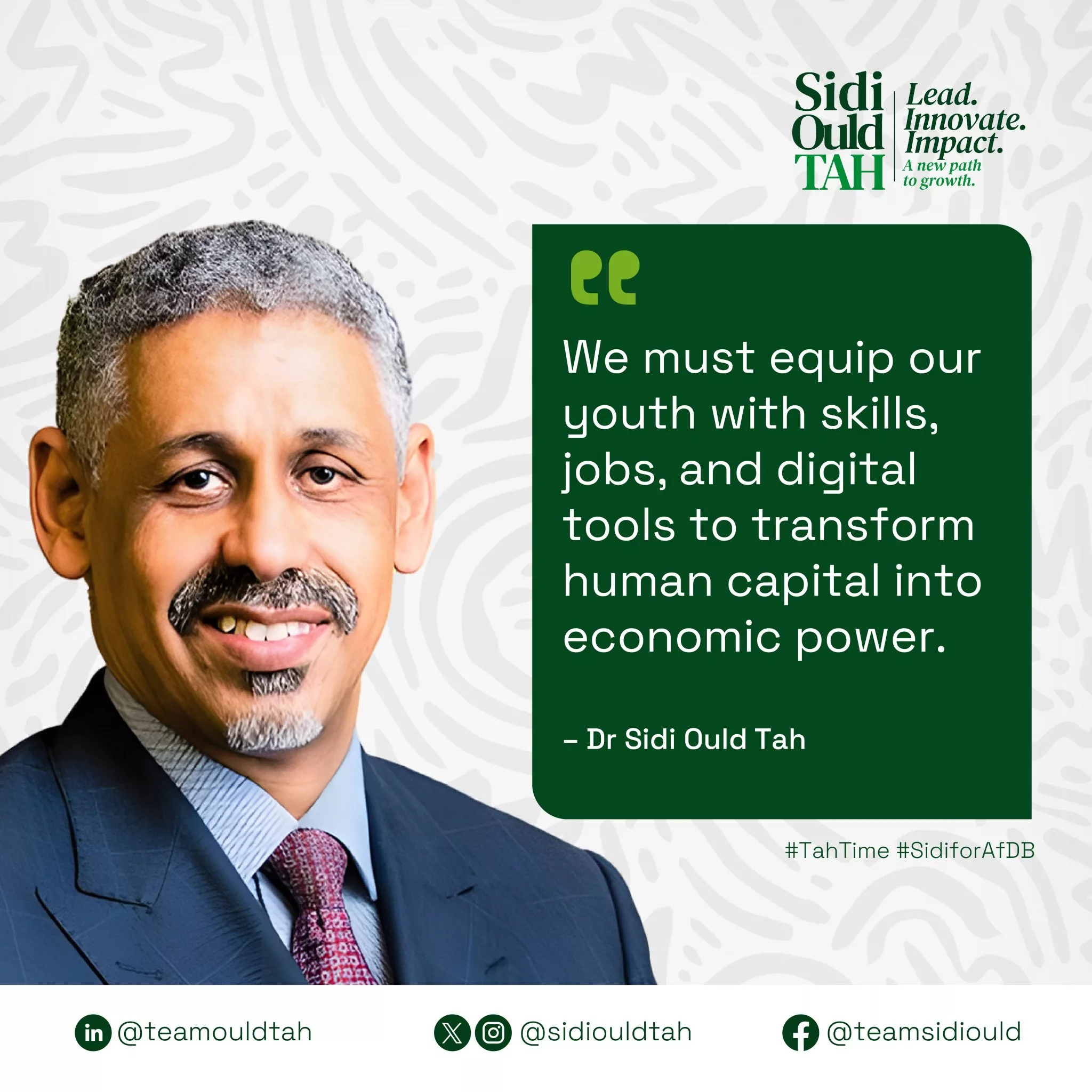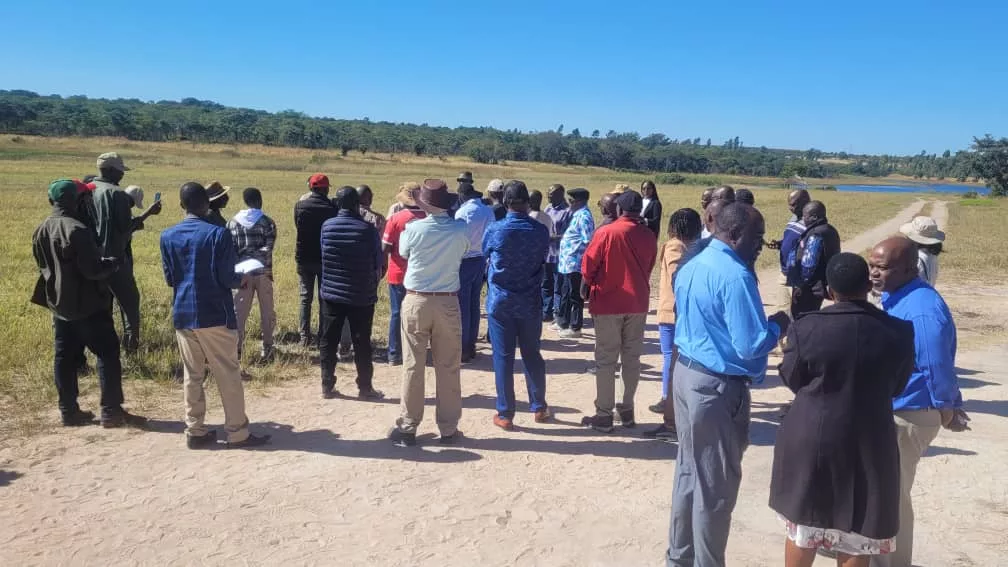|
Getting your Trinity Audio player ready...
|
Mr. Fradreck Maguramhinga, the President of the Zimbabwe Union of Drivers and Conductors (ZUDAC) has bemoaned the hardships being endured by drivers and conductors of commuter omnibuses owing to their ban by the government as a temporary measure to contain the spread of COVID-19.
ZUDAC is the trade union for truck, bus, kombi, and taxi drivers operating countrywide and crossing to other countries in the SADC region.
“At their peak before the ban, these divers and conductors managed to look after their families very well. They could afford to pay rentals for their lodgings, school fees, and meet the medical aid. In addition, they met the public service vehicle driver requirements. These include defensive driving course, medicals, Hazchem (hazardous chemicals) permits, and retests from the Vehicle Inspection Department (VID) as well as international drivers’ permits,” Mr. Maguramhinga said.
An international drivers’ licence costs US$100 while the defensive drivers’ course costs between US$31 and US$36. A VID retest costs US$150 including charges allegedly demanded as bribes. A medical test ranges from US$6 to US$20. It is an offence to drive a public service vehicle without the above-mentioned requirements yet currently, truck and public transport drivers earn a paltry RTGS$8 000.
The coming in of the COVID-19-induced ban came as a further albatross to the already overburdened public and commercial transport workers.
Initially, before the COVID-19-induced ban, there were over 60 000 kombis plying various routes around the country and employed an estimated 200 000 workers directly with over 1 million indirect beneficiaries.
Mr. Maguramhinga said ZUDAC members were promised COVID-19 cushion allowances by the Ministry of Labour, Public Service and Social Welfare but no money has been paid yet.
“Ours members are struggling to make ends meet during these hard times. Marriages are breaking, children are dropping out of school while others are dying due to the lack of access to medication. Most youths who used to work in the public transport sector are now idle and have resorted to drug abuse and other criminal activities as they try to eke out a living. It is against this background that we have engaged the government to bring back kombis operating under associations as they do in Bulawayo to address this catastrophe,” Mr. Maguramhinga said.
He added that because of the heightened crisis of shortage of public transport service, most COVID-19 regulations are being violated every day, every minute.
“The bringing in of kombis in associations will address this crisis of transport shortages and COVID-19 violations. It will also help the thousands of families struggling under the current economic hardships with sources of livelihood. As representatives of drivers and conductors in partnership with private transport operators, we feel that the government is unfairly treating us since bus private operators and other businesses have been allowed to operate under COVID-19 regulations which we are also ready to abide by,” Mr. Maguramhinga said.
Kombis have sustained the public transport service for many years when the country was going through a difficult time due to western-imposed sanctions so the private transport operators feel they are not being rewarded for standing with the government in hard times.
ZUPCO was introduced to eliminate pirate taxi operators but the situation has worsened following the banning of kombis that has seen the proliferation of small vehicles like Honda Fit, Toyota Wish, Toyota Noah that have taken over urban transport to the extent of now running ranks or termini in the CBDs of all major cities in Zimbabwe. Mr. Maguramhinga warned that it will be difficult for traffic law enforcement to address this menace if these pirate transport operators continue to operate unchecked as it is.
DISCLAIMER: This publication was produced with the financial support of the European Union (EU) and the contents are solely the responsibility of Spiked Online Media and don’t necessarily reflect the views of the EU.






